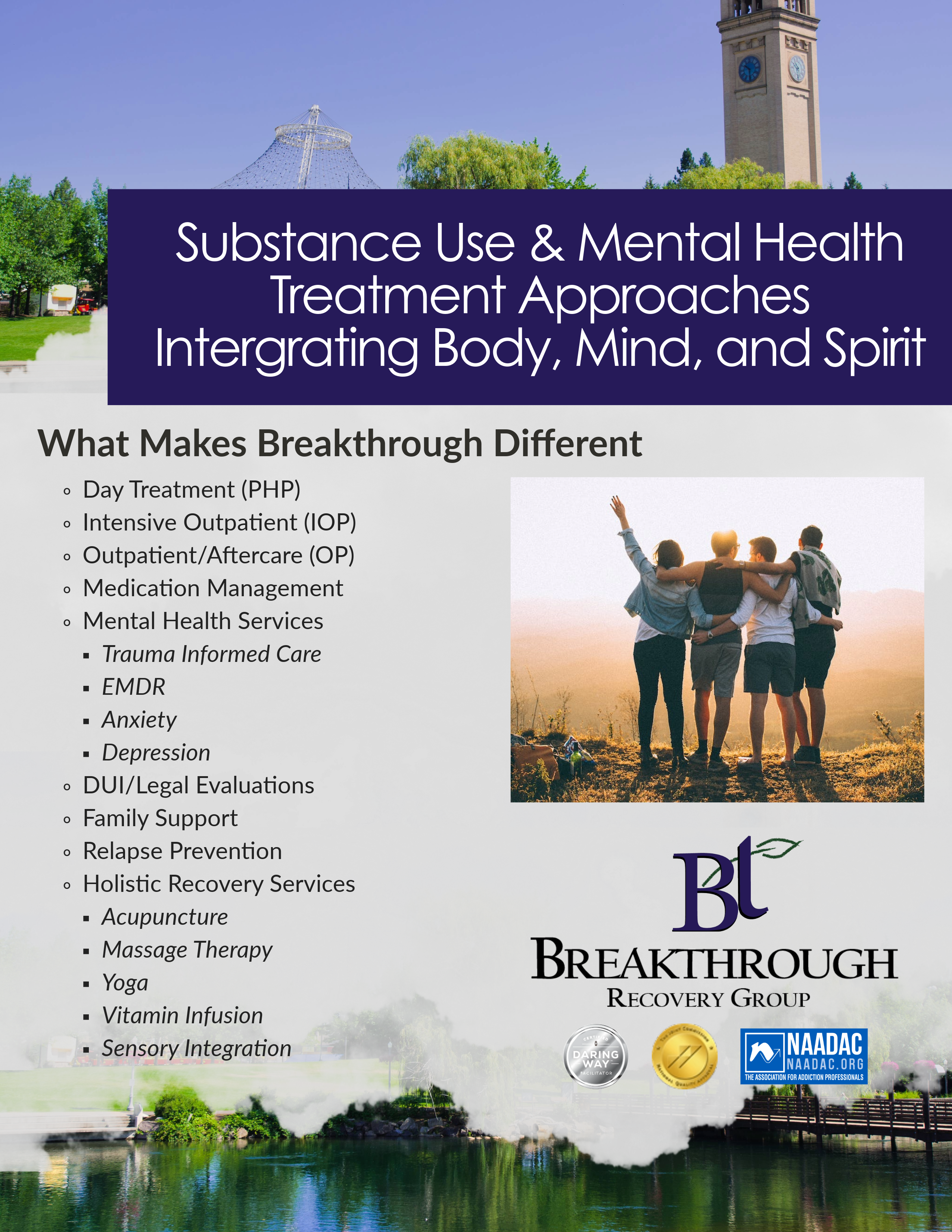Breaking the Silence: Talking About Self-Harm

Here at Breakthrough recovery, we recognize that March is Self-Harm Awareness Month, and we want to do our part in helping you understand how to talk to loved ones about this sensitive topic. Self-harm encompasses a range of behaviors where an individual intentionally causes harm to their body as a way to deal with emotional pain, distress, or numbness. It’s imperative to dispel the myths that often surround self-harm, such as the belief that it is purely attention-seeking or directly linked to suicidal intentions. These misconceptions can not only exacerbate the feelings of isolation for those engaging in self-harm but can also hinder their willingness to seek help. Recognizing that self-harm is a coping mechanism, albeit maladaptive, allows for a more empathetic understanding. It’s essential to understand that individuals who self-harm are often trying to express feelings that they can’t put into words, release pent-up emotions, or regain a sense of control. By challenging these misconceptions, we pave the way for open, honest discussions that can lead to effective support and, ultimately, healing.
Initiating the Conversation with Sensitivity and Care
Starting a dialogue about self-harm with someone you care about requires a thoughtful and gentle approach. It’s crucial to pick a moment that feels private and tranquil, creating an environment where the individual feels secure and free from judgment. Use empathetic language that communicates your concern, avoiding accusatory tones. Phrases like, “I’ve been worried about you lately and wanted to check in. How are you really feeling?” can pave the way for an honest conversation. It’s important to be an active listener, giving them the floor to express themselves fully. Validate their emotions and experiences, showing them that you are a reliable source of support, ready to listen without passing judgment. Engaging in this manner helps build trust, making it easier for the individual to open up about their struggles with self-harm.
Offering Support Without Enforcing Solutions
Navigating the conversation about self-harm delicately is key, especially when it comes to providing support. It’s crucial to emphasize your unconditional presence, reminding them that they’re not alone in their journey. Encourage openness, allowing them to lead the discussion at their own comfort level. It’s important to remember that healing is a process, one that may be filled with setbacks and challenges. Therefore, patience and understanding are paramount. Rather than proposing quick fixes or insisting on immediate therapy, suggest various forms of support, leaving the decision in their hands. Highlight the availability of professional resources, but clarify that seeking help is their choice to make when they feel ready. This approach ensures that the individual feels respected and empowered, fostering a sense of agency over their own healing path. Reinforcing this supportive stance reinforces the message that while the road to recovery may be long, they do not have to walk it alone.
Encouraging Healthy Coping Mechanisms
Fostering the adoption of constructive coping strategies is a vital component in the journey towards recovery for individuals engaging in self-harm. Introducing activities that can channel emotions in a positive direction, such as art, journaling, or engaging in physical exercise, can be incredibly beneficial. These practices not only serve as a distraction but also as a means to express feelings that may be difficult to verbalize. Encouragement towards professional counseling should be gentle and supportive, highlighting the potential for personalized coping techniques that a therapist can offer. Additionally, the importance of establishing a robust support system cannot be overstated. This network can include not only close friends and family but also peer support groups where experiences and coping strategies can be shared. Such environments can significantly decrease feelings of isolation and provide additional avenues for understanding and managing emotions. Engaging in these positive activities and environments can gradually replace the need for self-harm, paving the way for healthier emotional regulation and resilience.
Staying Informed and Seeking Support for Yourself
Helping a loved one navigate their journey away from self-harm requires not only compassion and understanding but also a commitment to your own self-care. It’s vital to arm yourself with knowledge, exploring credible resources that offer insights into the nuances of self-harm. This pursuit of education allows you to approach conversations with confidence and empathy. Engaging with mental health professionals for guidance can further illuminate your path, ensuring you’re well-prepared to offer the right kind of support. Remember, the emotional toll of this role can be significant. To maintain your resilience, it’s crucial to lean on a network of support for yourself. Whether it’s confiding in trusted friends, joining a support group for those in similar situations, or seeking individual therapy, these steps are key to preserving your well-being. This ensures you’re not only a pillar of support for your loved one but also vigilant in nurturing your own emotional health.
We Accept Most Insurances





